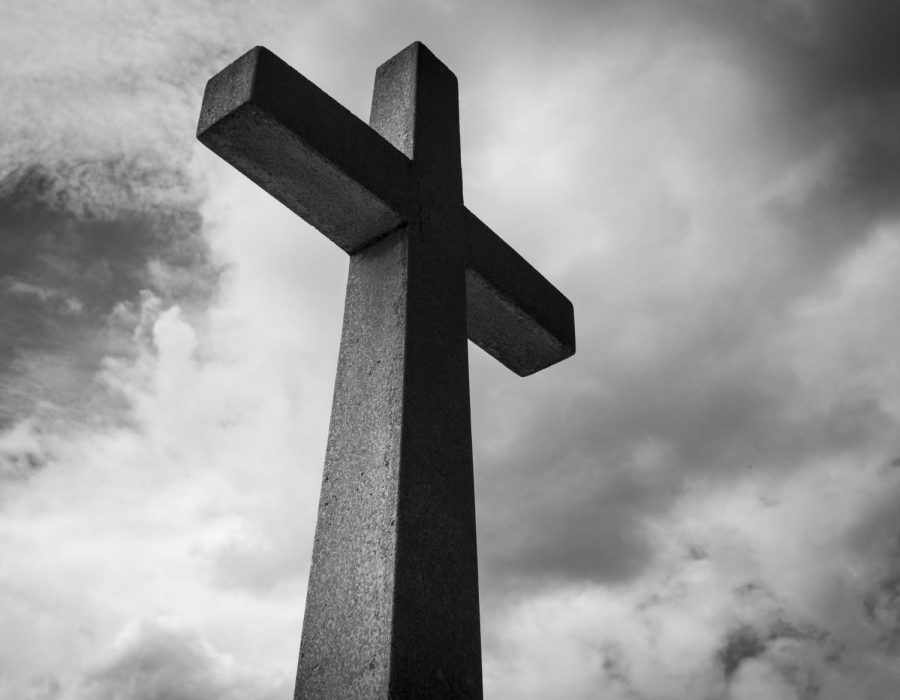LTE: Conversations about sin affect trauma
An anonymous student submitted a letter to the editor stressing how conversations by Christians about morality and sin can affect those with past trauma.
Nov 6, 2017
Editor’s note: the following letter to the editor was submitted by a UNI student who requested anonymity.
Recently in the Rod Library, while attempting to do homework, my booth was suddenly occupied by people asking me: What is death? Is death bad? What is eternal life? What is sin? Do you sin?
The conversation ended with me, flustered, reliving personal trauma related to my experiences in church.
Do I believe Christianity and Christians are bad? No.
Do I believe all Christian churches lay the framework for and support interpersonal violence? Of course not.
Did my experiences in church do just that? Absolutely.
Unfortunately, my church story is one with implicit and subversive victim blaming and shame. The people in my booth were not prepared for that, and I wasn’t prepared for them.
The approach used in that booth is called One-Verse Evangelism (it’s even trademarked!) and is described on the Navigators national website. To me, the piece of this framework that intersects with trauma is sin.
Growing up in church, I was taught that sin was separation between a person and God. That was fine, for a while. But what happens when abuse is in the realm of the church? That makes a survivor feel pretty separated from God.
Years later, here I am in this booth, being asked, “Have you ever sinned? Sin is separation from God, and all people feel separated from God sometimes, so all people sin.”
I was transported back to those awful Saturday nights, dreading Sunday morning because I knew skipping church was separating myself from God — a sin.
Was it a sin to be terrified of the associations I had with this building? Maybe if I had just prevented the abuse, I would not feel like such an awful sinner.
Those nights were years ago, and it has been a long healing journey for me. That conversation in the booth made me feel small, trapped and ashamed.
I had really hoped UNI was starting to become a place I didn’t have to feel like that, and I never expected it would be Christians who made it happen.
I am not angry. If you are a part of this group, or a person from the booth, please do not feel attacked. Trauma does terrifying things to your brain and body. If I had the ability to explain this with kindness in the moment, I would have.
Instead, examine how the conversations we have about sin, morality and right and wrong can affect trauma. Maybe I don’t go to church right now, and maybe that makes me a sinner.
But there was a time in my life when I read a lot of the Bible, and I believe compassion towards trauma survivors is in there somewhere.








